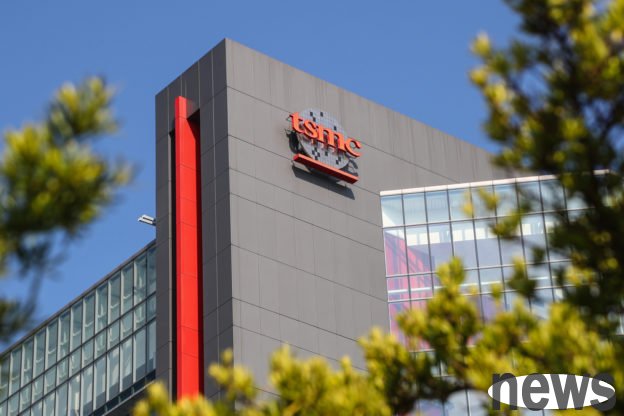
Taiwan Electric recently released a secret external leak incident of 2-nanometer process operation, which has caused all sectors to pay close attention to the progress and competition of 2-nanometer process technology in global semiconductor factories. Semiconductor industry experts said that the 2nm competition has been decided, Telco maintains its leading position, the A16 process will also be led by Telco, and the A14 process has just begun, and the results are worth following up.
Semiconductor industry experts pointed out that Japan's Rapidus recently announced the successful trial of the 2nm process. However, Rapidus's capacity scale and business model are very different from those of the three semi-conductor manufacturers, Taiwan Power, Samsung and Intel.
Experts said that Intel's 18A process yield is poor. In addition, Intel executive director Chen Liwu said that unless a major customer promises, it will not be able to support the development of the 14A process. Intel is facing heavy financial pressure and it is difficult to promote the process technology.
Experts pointed out that the current global 2nm process will only remain in the battle between Telco and Samsung 2 factories. Telco will be produced in volume in the second half of this year. Samsung will be followed closely and will be produced in volume in the first half of 2026.
Among them, Samsung's 2-nanometer chips are only used in their own mobile phones. Telco's 2-nanometer processing customers include large factories such as Apple, Technologies, Qualcomm and Ultramicro (AMD). The application fields include smartphone chips and computer central processors (CPUs).
Experts said that Taiwan Electric is ahead of Samsung in terms of 2nm yield, customer structure, volume and market share. The 2nm process game can be said to be over and the victory has been decided, and the chances of Samsung's reverse transformation are very small.
Mask, executive director of electric vehicle manufacturer Tesla, recently issued a statement saying that the AI6, the driver's chip, will be commissioned by Samsung's American manufacturer. Experts said that it may be because of the limited capacity of Telco power and Tesla's strict cost control consideration that Tesla will commission the AI6 chip to Samsung. However, whether Tesla will look for Telco to manufacture in the future is worth observing.
Taiwan Electric A16 is expected to be mass-produced in the second half of 2026 and will adopt super-power (SPR). Semiconductor experts analyze that the development of semiconductor process technology mainly focuses on energy and reducing power consumption. SPR is a major key to energy storage, because A16 is Taiwan Electric's first SPR-based process technology. The results of the competition with Samsung will be announced next year, but expectations will still be limited by Taiwan Electric.
Compared with N2P processes, the power consumption of the Typhoon A16 process can be reduced by 15% to 20% at the same speed. The Typhoon A14 process will be produced in 2028, and the power consumption can be reduced by 25% to 30% at the same speed.
Experts said that the A14 process may add new application areas, including AI robots, self-driving cars, virtual reality (VR), expansion reality (AR), etc. The process, materials and other aspects may undergo changes, adding new opportunities to Samsung. This new competition has just begun. How the results are worth following up, and it is expected that the 2026 situation will gradually become clear.